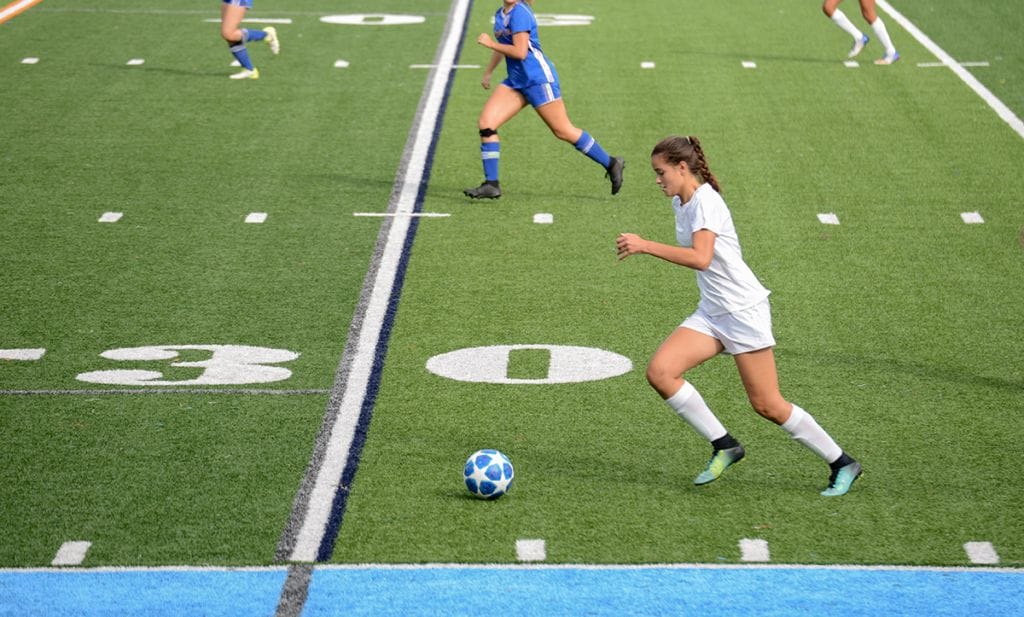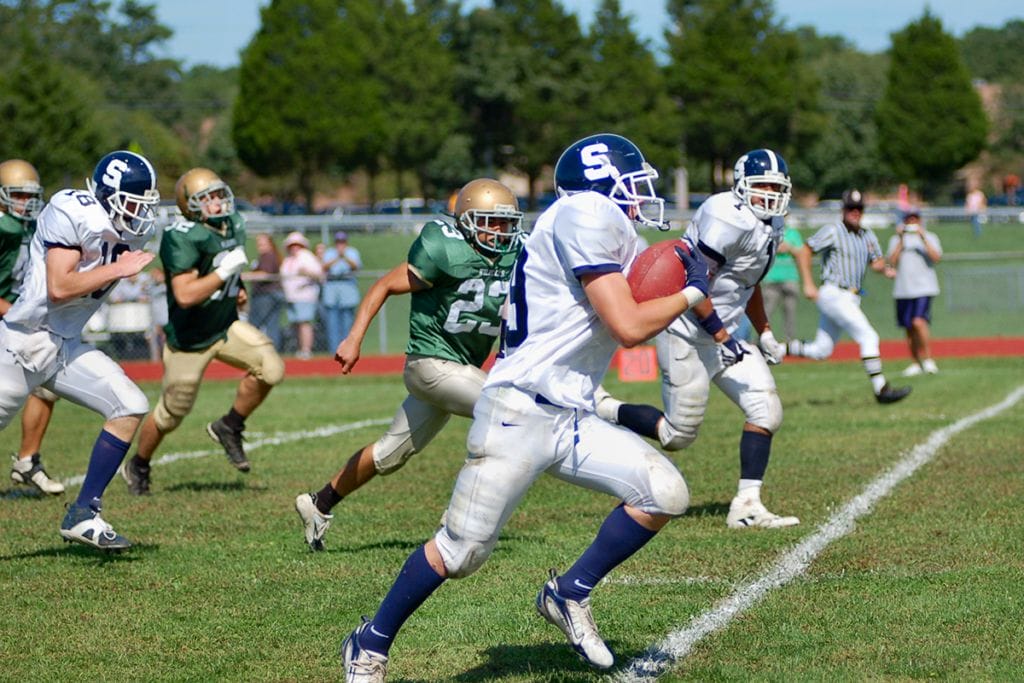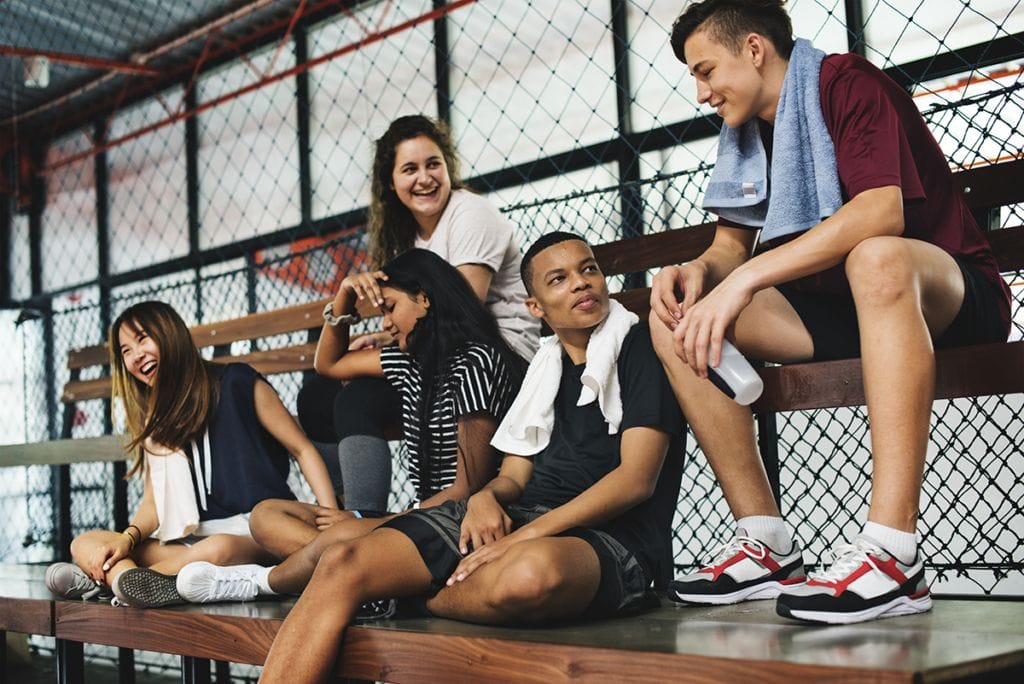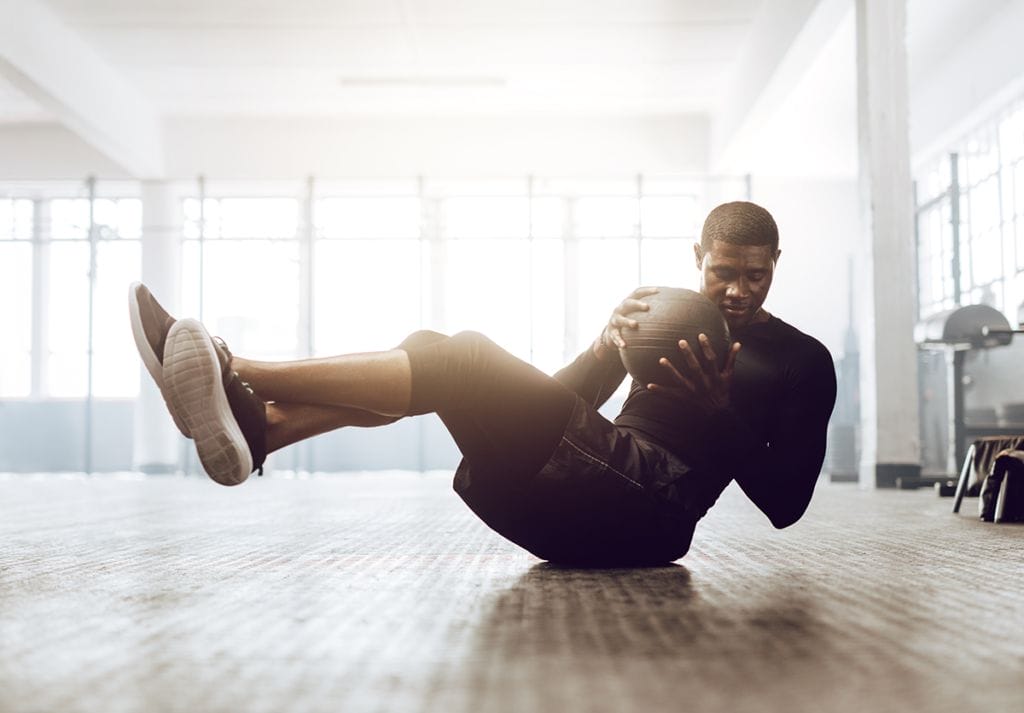For high schoolers, academics and athletics often feel like they are at odds with each other. You may be passionate about playing a sport, but feel like you don’t have enough time to devote to your studies, or vice versa.
The key to success is finding a balance between the two—obviously, you don’t want to let one suffer at the expense of the other. Here are some tips to help strike a balance between academics and sports for high school athletes:
#1 – Make a schedule—and stick to it.
One of the best ways to balance academics and athletics in high school is to create a schedule and stick to it. This will help you make time for studying and training/practicing.
Don’t forget to schedule in some down time too. You need time to relax and unwind, or you’ll quickly become burnt out.
#2 – Set personal priorities.
You won’t be able to do everything, so it’s important to set priorities. Figure out what is most important to you and make time for those things.
For example, if you’re trying to decide between going to practice and studying for a test, the test should take priority. However, if you have some free time and you’re trying to decide between watching TV and going for a run, then going for a run would probably be the better choice.
#3 – Communicate with your coach and teachers.
If you’re struggling to balance athletics with academics, don’t be afraid to talk to your coach. They may be able to work with you to create a schedule that works better for you.
The same goes for your teachers. If you’re having trouble keeping up with your schoolwork, let them know. They can help you figure out a plan to get caught up if you’re falling behind academically. As a high school athlete, it always helps to have a good relationship with your teachers.
#4 – Don’t be afraid to ask for help.
There’s no shame in asking for help. If you’re a student struggling to balance your academic education with high school sports, reach out to your friends, family, and/or your coaches and teachers. They may be able to offer you valuable support and advice, including ideas you hadn’t thought of on your own, yet.
Remember that you don’t have to do everything on your own. Asking for help when you truly need it is a sign of strength—not weakness.
#5 – Take breaks when you need them…
If you’re feeling overwhelmed, take a break. Step away from your studies or your sport for a little while. This will help you clear your head and come back refreshed.
It’s okay to take a break from time to time. Just don’t let it turn into a habit.
#6 – …But don’t procrastinate.
Procrastination will only make things harder. If you’re putting off studying or practicing, you’ll just end up feeling more stressed.
#7 – Keep up—so you don’t have to catch up.
Try to stay on top of your work so that you don’t have to play catch up later.
Every athlete is different, so what works for one high school athlete may not work for another. The key is to find a school/sports balance that works for you.
#8 – Make use of school resources available to you.
Tutoring, study groups, and other resources can be a big help. If you’re struggling in a certain subject, don’t be afraid to seek out help.
Your high school’s guidance counselor can also be a valuable resource. They can help you figure out how to balance academics with athletics, and they can connect you with resources if you need them.
#9 – Don’t forget why you’re doing this.
It’s important to remember why you decided to play a sport or pursue academics in the first place. What are your goals?
Keeping your goals in mind will help you stay motivated when things get tough.
Final Thought
There is no one-size-fits-all solution to balancing academics and athletics in high school. Again, every student is different, so what works for one may not work for another—if something from this article doesn’t work for you, don’t be afraid to try something else.
The key is to find a balance that works for you. With some time and effort, it’s possible to succeed in both academics and athletics. If anyone can do it—you can.




